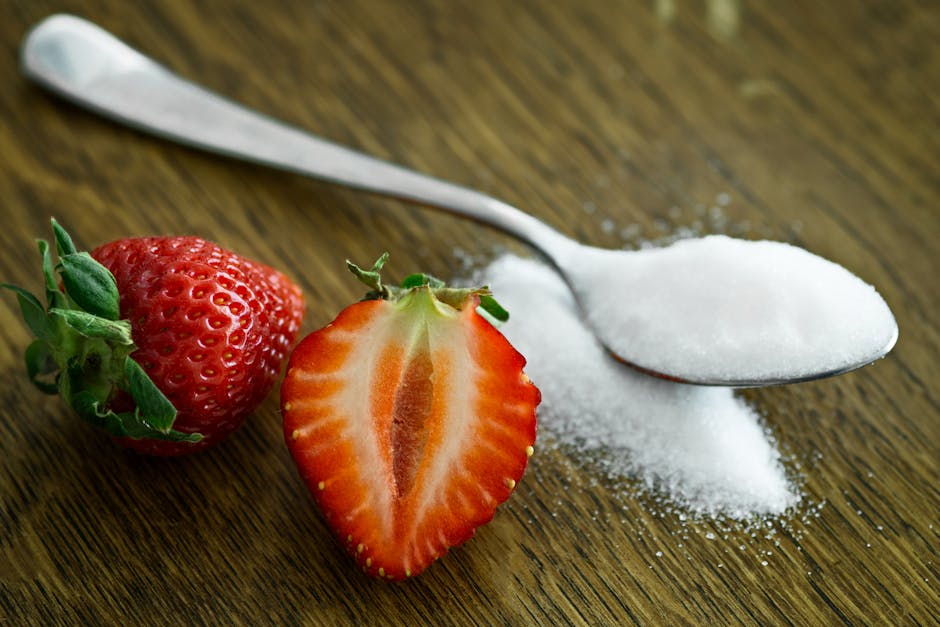Do you ever feel as though you just don't know what the story is with artificial sweeteners?
Probably not, to be fair, but we have been wondering about them recently - and how bad or good they actually are.
There are a number of dieticians and nutritionists who are supporters of artificial sweeteners, like stevia and sucralose, as a safe way to enjoy sweet drinks and foods while avoiding the calories.
Others believe that they are detrimental to a person's health, and can contribute to obesity and other weight related issues.
Well, the gorgeous (and super smart) people at Yale University have done a study, and have discovered the effects of artificial sweeteners on the body.
In a not so shocking twist - they're not great, it would seem.

Dana Small is a neuroscientist at the world famous University who set out to get the suss on sweeteners, and her findings were recently published in Current Biology.
Dana created five drinks, all of which were sweetened using the identical amount of sucralose, an artificial sweetener, so that they tasted about as sweet as a drink "containing about 75 calories of sugar".
Then, Dana varied the calories using a tasteless carbohydrate, science, science, and more science - lets just get down to her findings.
The results were not exactly what she expected, it would seem. A 75-calorie drink proved to be more rewarding than a 150-calorie drink, and the 75-calorie drink was deemed more desirable than the zero-calorie drink.
Weird, right?

It took another two years, but Dana finally pieced it all together.
She realised that sweetness plays a role in how the body responds to food, “It regulates the metabolic signal."
When sweetness and calories were matched, it all went as she expected: the 75-calorie drink produced not only the largest metabolic response but also the largest brain response, purely because the calories matched the taste.
But when there was a “mismatch” between sweetness and calories, the response was strangely muted.
“It’s like the system threw up its hands and didn’t know what to do,” Dana explained.
The findings present certain troubling questions. For example, what happens to all those “mismatched” calories that don’t get metabolised? “We know it’s not being used as a fuel” Small says. “What’s happening to it?

Those extra calories, she says, are probably being stored, either in muscle, in the liver, or in fat, none of which any of want, to be honest.
“If sweeteners are disrupting how carbohydrates are being metabolised, then this could be an important mechanism behind the metabolic dysfunction we see in diets high in processed foods.”
Ultimately, Dana's study can attest to how difficult it is to disentangle taste and tastiness from nutrition and metabolism.
“Taste can change the metabolic fate of calories.”





